Mercedes-AMG entry-level SL 43 features electric exhaust gas turbocharger from Formula 1 for the first time in production vehicle
Green Car Congress
APRIL 7, 2022
The SL 43 features an M139 in-line two-liter, four-cylinder gasoline engine with an electric exhaust gas turbocharger—used for the first time in a production vehicle. The turbocharger is operated via the 48-volt electrical system, which also feeds the belt-driven starter-generator (RSG).

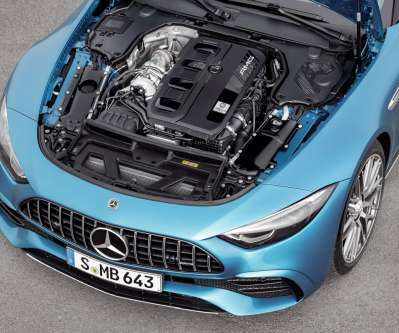






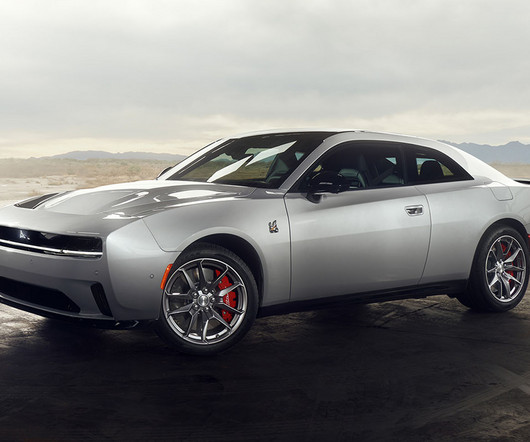



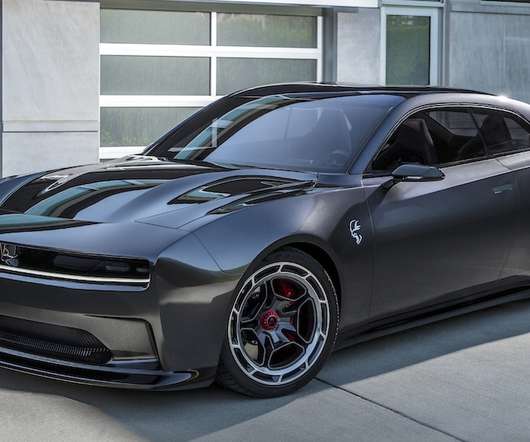
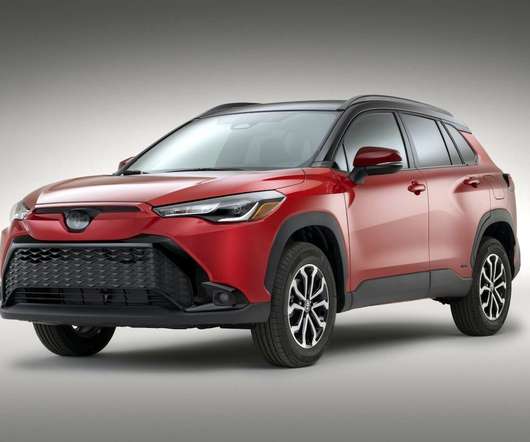















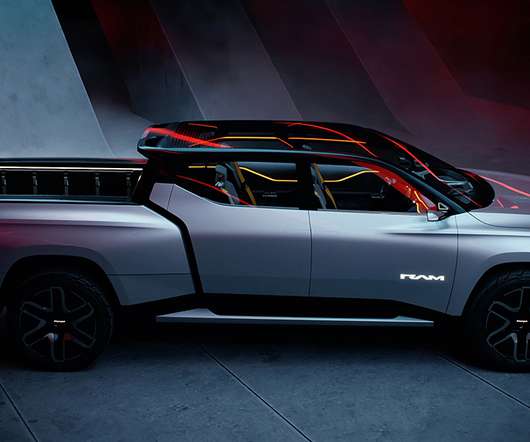











Let's personalize your content